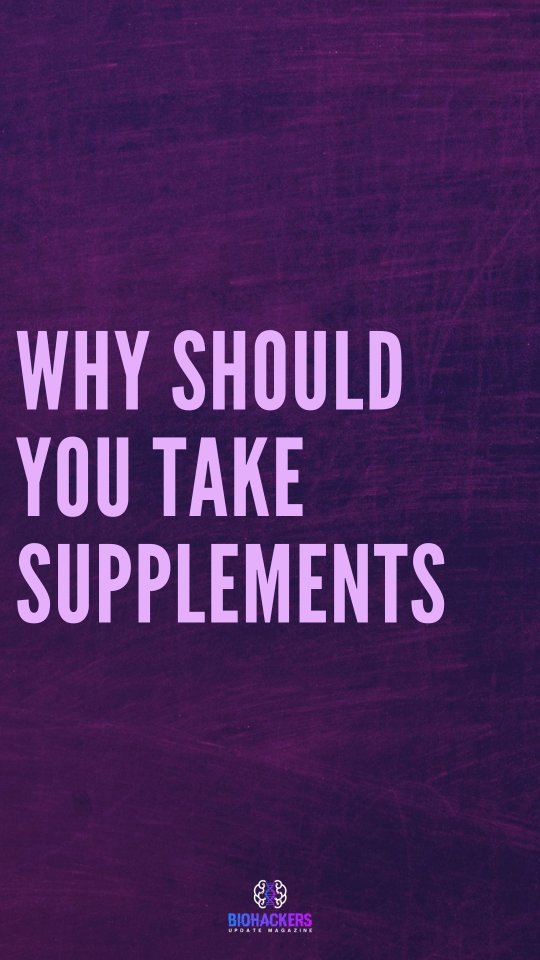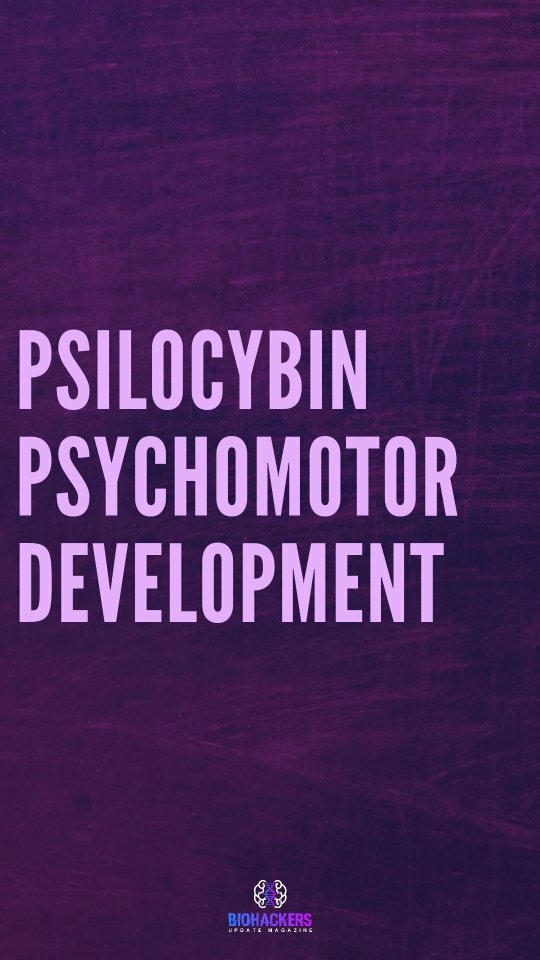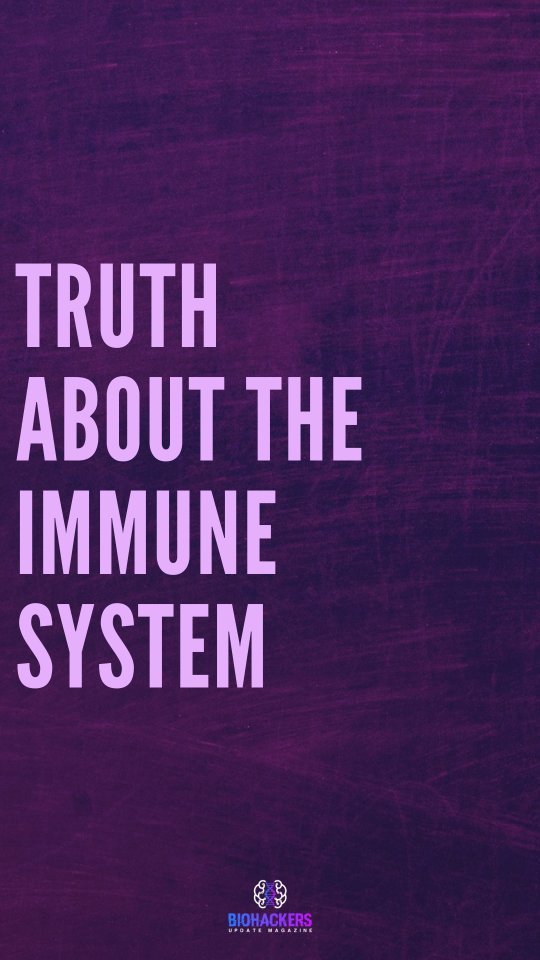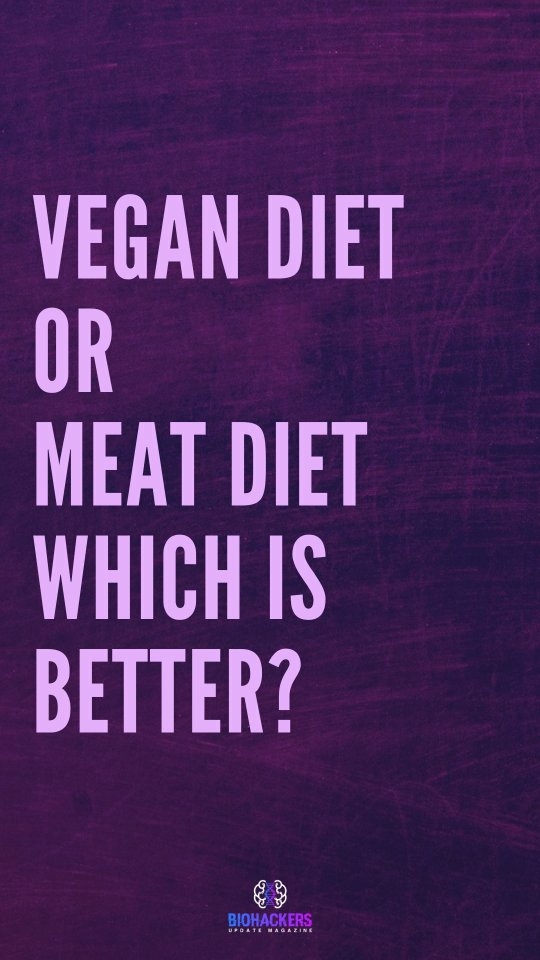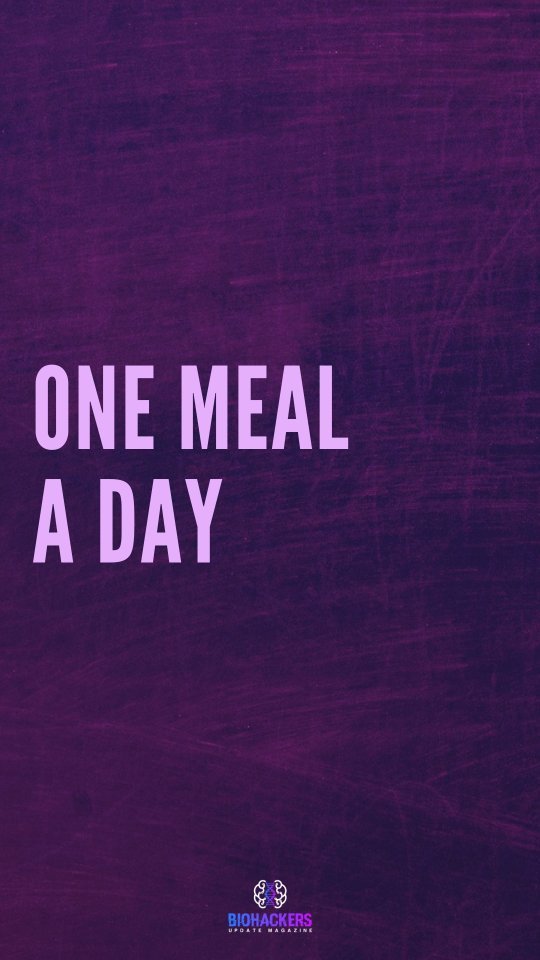Big, small, heavy, or perky – our breasts deserve a little more love. From symbolizing fertility and longevity to nurturing life, they truly have our backs. However, many women might not know how to actively care for their breasts. In honor of International Women’s Day, we’re sharing five biohacks to support your pairs!
DARK CHOCOLATE: A SWEET ANTIOXIDANT BOOST
Dark chocolate is an antioxidant powerhouse! Antioxidants are remarkable compounds that prevent our cells from oxidizing or, in simpler terms, from dying. Cocoa beans are rich in antioxidants, making dark chocolate a surprisingly healthy treat when enjoyed in its darkest form. Research has even shown a link between an antioxidant-rich diet and inhibiting breast cancer cell growth, proliferation, and cancerous cell death. So, that square of chocolate might be doing more than satisfying your sweet tooth!
BREAST MASSAGES: MORE THAN MEETS THE EYE
Breast massages offer benefits to anyone with a chest, regardless of gender. Among their many advantages, the most notable is breast cancer detection. Regular self-examinations are crucial for maintaining healthy breast tissue and overall health. Additionally, breast massages can support lactation, stimulate the lymphatic system, and even improve the appearance of breasts by reducing stretch marks and sagging.
MEDITATION: CALM FOR YOUR KNOCKERS
Stress – the cause of many of our woes – takes a toll on our minds, bodies, and yes, even our breasts! A 2019 study published in the Journal of Clinical Investigation found that stress triggers the release of a hormone called epinephrine, which, in turn, increases an enzyme called lactate dehydrogenase. Excessive amounts of this enzyme can activate breast cancer stem cells. Fortunately, meditation offers a simple solution. Centering yourself and taking deep breaths significantly reduce the impact of stress on your life, ultimately benefiting your breast health.
VITAMIN D: A CRUCIAL ALLY
Vitamin D boasts a multitude of benefits, and now, keeping your breast tissues healthy can be added to the list. Low levels of vitamin D are associated with a higher risk of breast cancer. Incorporating vitamin D into your diet can be as simple as consuming more salmon, herring, sardines, egg yolks, mushrooms, and other calcium-rich foods. Additionally, increased sunlight exposure contributes to your daily intake of vitamin D.
SUNSCREEN: SHIELD YOUR SKIN, PROTECT YOUR BREASTS
The mantra might be repeated often, but it can never be emphasized enough: wear sunscreen daily! Sunscreen isn’t just for vacations – it should be part of your everyday routine. Your skin deserves protection from the sun’s rays, and your breasts are no exception. Dermatologists recommend using SPF 30 or higher year-round for comprehensive protection. The delicate skin on your chest is often vulnerable to sunburn. Prolonged sun exposure without protection can lead to sagging, wrinkles, and other skin imperfections, and it also increases the risk of skin cancer. So, make sunscreen an integral part of your daily routine.
WRAPPING IT UP
Your breasts do so much for you – take the time for a little self-love now and then! Practicing self-care makes you a better version of yourself. When you love yourself the way you love others, you’ll feel better inside and out. Remember, your breasts are not isolated; how you treat your body reflects directly on your health. Keeping them healthy means keeping yourself healthy. Celebrate International Women’s Day by giving your breasts the care they deserve
References and Research Studies:
Cocoa-rich diet and breast cancer cell growth: Ding, E. L., Hutfless, S. M., Ding, X., & Girotra, S. (2006). Chocolate and Prevention of Cardiovascular Disease: A Systematic Review. Nutrition & Metabolism, 3, 2.
Stress and breast cancer stem cells: Wong, G. S., Haberman, D., Zhuang, L., Zhang, Z., Wang, G., Cheng, P., … & Tse, V. (2019). Blocking inflammation with tranexamic acid rapidly mitigates the growth of breast cancer, reduces the risk of metastasis, and prolongs survival. Breast Cancer Research, 21(1), 115.

Subscribe For More Awesome Content
To receive the latest news and updates from the world of Biohacking.





